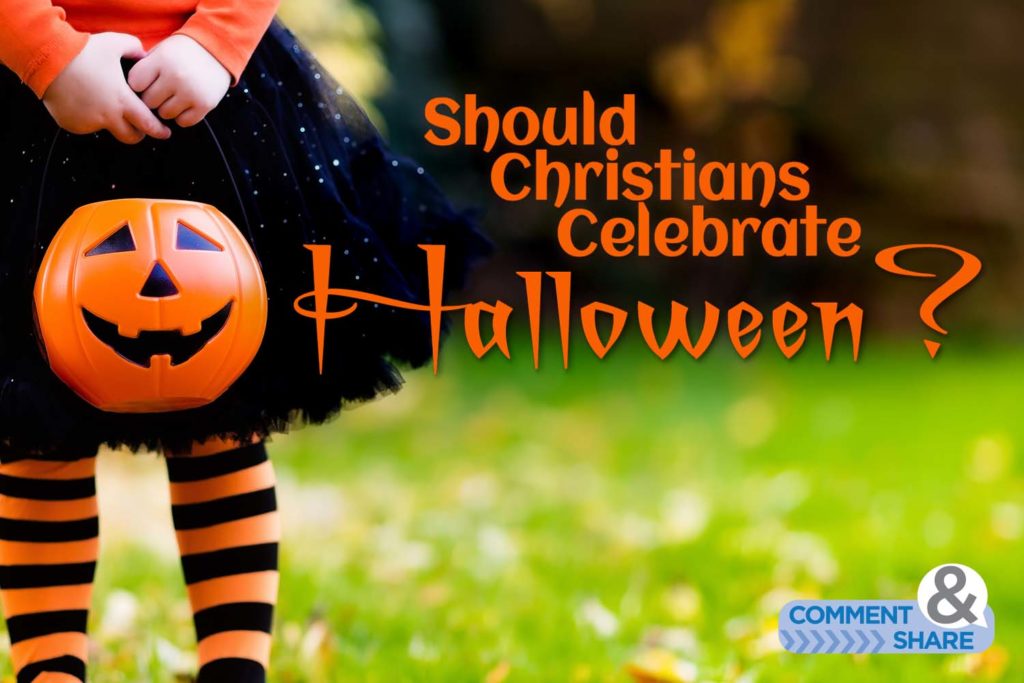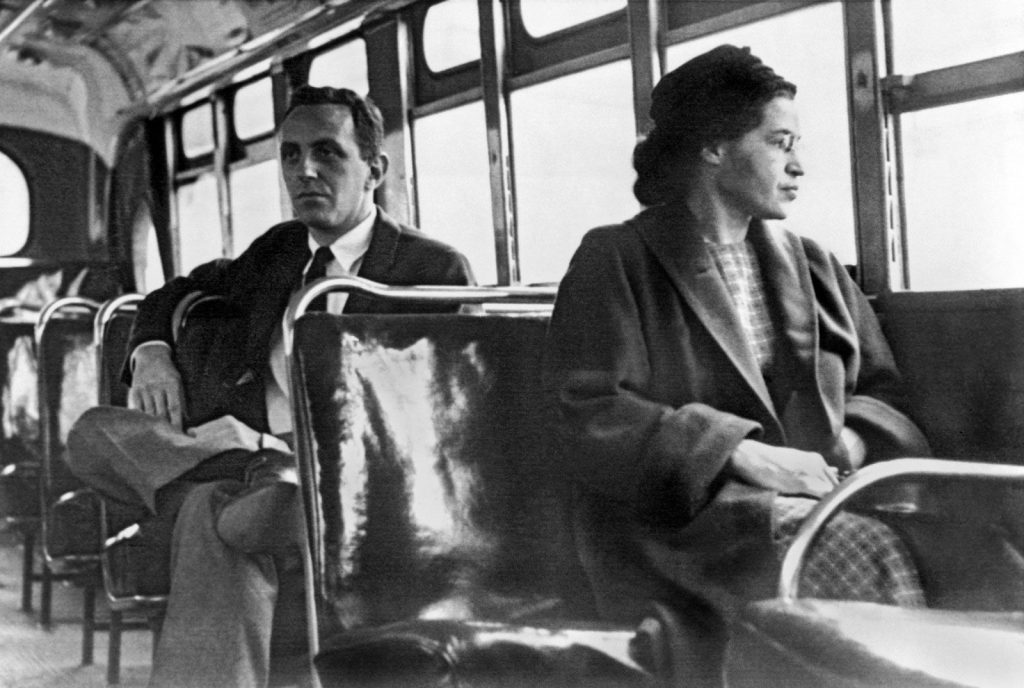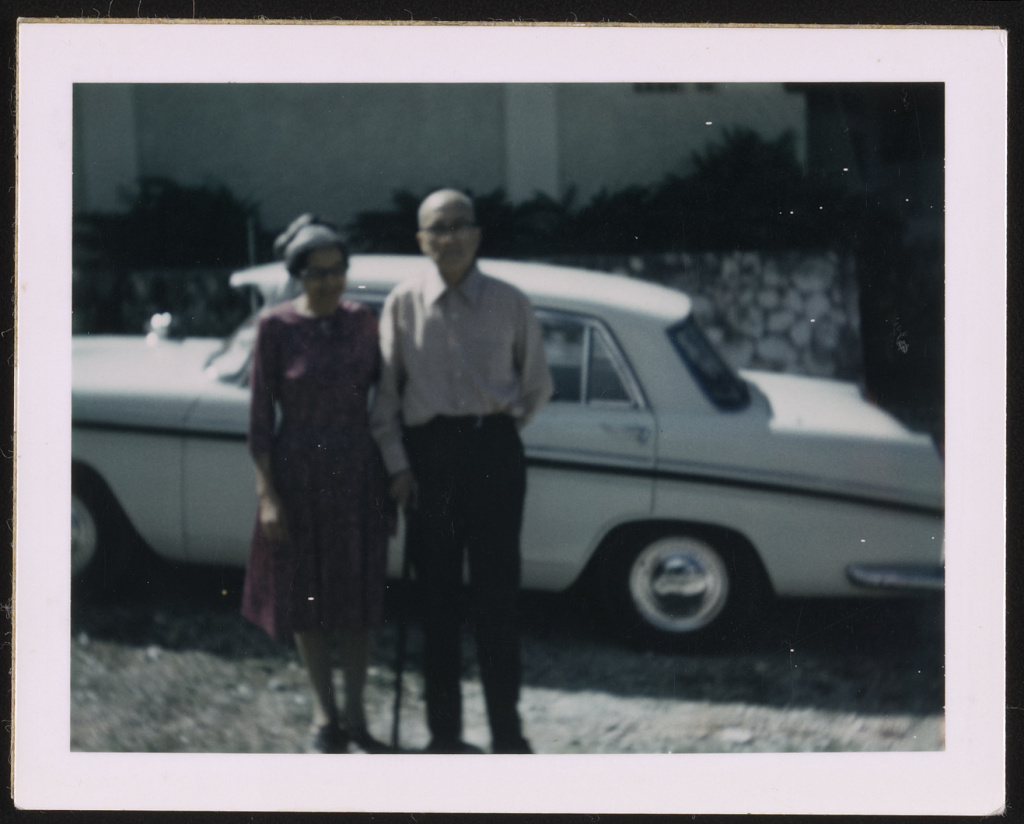Christians have differing views on celebrating Halloween. Some avoid it due to its pagan origins, while others participate with caution.
Halloween, a holiday with ancient roots, sparks debate among Christians. The celebration traces back to pagan and Celtic traditions, which can concern devout believers. Some Christians choose to abstain, fearing it promotes values contrary to their faith. Others see Halloween as a harmless, secular event, focusing on community and fun.
Many churches offer alternative events, like “Trunk or Treat,” to provide a safe environment for children. The decision often depends on personal convictions and interpretations of scripture. Understanding the origins and adapting the celebration to align with Christian values can help in making an informed choice.
Origins Of Halloween
The origins of Halloween date back thousands of years. It started from ancient festivals and evolved over time. Today, it blends various traditions and beliefs.
Ancient Traditions
Halloween traces back to the ancient Celtic festival of Samhain. The Celts celebrated their new year on November 1. They believed that the night before, October 31, the boundary between the living and the dead blurred. Ghosts of the dead returned to the earth.
During Samhain, people lit bonfires and wore costumes. They did this to ward off roaming ghosts. The festival also marked the end of the harvest and the beginning of winter. It was a time of change and transition.
Evolution Over Time
With the spread of Christianity, Samhain merged with Christian holidays. By the 9th century, November 1 became known as All Saints’ Day, or All Hallows’ Day. The night before was called All Hallows’ Eve, which later became Halloween.
In the United States, Halloween evolved in the 19th and 20th centuries. Irish and Scottish immigrants brought their traditions. Trick-or-treating became popular in the 1920s and 1930s. Children dressed up in costumes and went door-to-door asking for treats.
Today, Halloween is a mix of ancient and modern traditions. It includes costumes, candy, and spooky decorations. Many people see it as a fun, secular holiday. Others view it as a time to honor the past and remember the dead.

Credit: blog.kcm.org
Halloween In Modern Culture
Halloween has evolved into a significant part of modern culture. Its origins are rooted in ancient traditions. Today, it stands as a blend of fun, fear, and festivity. Let’s explore two key aspects shaping Halloween today: Commercialization and its Global Influence.
Commercialization
Halloween is now a major commercial event. Stores stock up on costumes, decorations, and candies weeks in advance. This shift has turned Halloween into a billion-dollar industry. Companies market their products aggressively during this season. Popular brands create special Halloween-themed items. The holiday has become a prime time for businesses to boost sales.
| Year | Halloween Spending (in billions) |
|---|---|
| 2018 | $9.0 |
| 2019 | $8.8 |
| 2020 | $8.0 |
Global Influence
Halloween’s popularity is no longer confined to the United States. Countries worldwide have embraced the holiday. In the UK, children dress up and go trick-or-treating. In Japan, Halloween parades attract thousands of participants. Each nation adds its unique twist to the celebrations.
Here are some countries where Halloween has a growing influence:
- Canada
- Australia
- Germany
- Mexico
This global spread showcases Halloween’s universal appeal. The holiday transcends cultural and geographical boundaries.
Christian Perspectives
Should Christians celebrate Halloween? This question sparks many debates. Christians have different views based on history and modern beliefs. Let’s explore these perspectives to understand better.
Historical Views
Historical views on Halloween have roots in ancient traditions. Originally, Halloween came from the Celtic festival of Samhain. Christians later adopted and transformed it into All Saints’ Day. This day honored saints and martyrs. Over time, Halloween evolved and mixed with local customs.
Early Christians were cautious about Halloween. They wanted to avoid pagan practices. Some saw it as a chance to spread Christian teachings. They aimed to replace pagan rituals with Christian ones. This historical context shapes many Christian views today.
Contemporary Opinions
Contemporary opinions vary widely among Christians. Some see Halloween as harmless fun. They enjoy dressing up and trick-or-treating. They believe it’s a chance for community bonding.
Others feel Halloween conflicts with their faith. They worry about its connections to the occult. They prefer to avoid it altogether. Many churches offer alternatives like harvest festivals. These events focus on positive themes.
Here is a quick comparison:
| View | Belief | Actions |
|---|---|---|
| Positive | Harmless fun | Participate in Halloween events |
| Negative | Conflicts with faith | Avoid Halloween |
| Neutral | Mixed feelings | Choose alternative activities |
Ultimately, whether Christians should celebrate Halloween is a personal choice. Each family decides based on their beliefs and values.
Spiritual Concerns
Many Christians struggle with the idea of celebrating Halloween. They worry about the spiritual implications. This section will explore these concerns.
Pagan Roots
Halloween has pagan origins. It started as the Celtic festival of Samhain. People believed that on this day, the veil between the living and the dead was thin. They lit bonfires and wore costumes to ward off ghosts. Some Christians feel that celebrating Halloween means endorsing these ancient pagan beliefs.
Religious Opposition
Many religious leaders oppose Halloween. They see it as a celebration of darkness and evil. Some churches hold alternative events. These events focus on positive, uplifting activities. This ensures children can have fun without the spooky themes.
Balancing Faith And Festivity
As Halloween approaches, many Christians wonder if they should celebrate. Balancing faith and festivity is crucial. Understanding how to maintain religious values while enjoying the season helps. Let’s explore some ways Christians can navigate this holiday.
Alternative Celebrations
Some Christians prefer alternative celebrations to Halloween. These events focus on family and community without the spooky elements. Churches often host fall festivals or harvest parties.
- Fall Festivals
- Harvest Parties
- Bible-themed Events
These celebrations offer a safe environment. Kids can enjoy games, food, and fellowship. Parents can feel comfortable knowing the event aligns with their beliefs.
Community Involvement
Being part of the community is important for many Christians. Halloween provides an opportunity for community involvement. Participating in neighborhood activities can build relationships and spread kindness.
Consider these activities:
- Handing out candy with positive messages
- Hosting a neighborhood block party
- Volunteering at community events
Engaging with neighbors during Halloween can show the love of Christ. It’s a chance to connect and serve others in meaningful ways.
Positive Aspects
Many Christians wonder if celebrating Halloween is appropriate. While some have concerns, there are positive aspects worth considering. Halloween can offer opportunities for family bonding and creative expression.
Family Bonding
Halloween can bring families closer. Activities like pumpkin carving and trick-or-treating are fun for all ages. Families can create lasting memories by spending time together. These activities promote communication and teamwork.
Parents and children can share stories about their favorite costumes. This can strengthen family traditions and create a sense of belonging.
Creative Expression
Halloween allows children and adults to express their creativity. Designing costumes and decorating homes can be exciting. It encourages imagination and artistic skills.
Families can work together on DIY projects. This fosters a sense of accomplishment and pride. Sharing these projects with neighbors and friends can build community spirit.
| Activity | Benefit |
|---|---|
| Pumpkin Carving | Enhances family bonding and creativity |
| Trick-or-Treating | Promotes social interactions and physical activity |
| Costume Making | Encourages artistic skills and imagination |
- Fun activities create lasting memories.
- Shared experiences strengthen family bonds.
- Creativity boosts self-esteem and confidence.
Potential Pitfalls
While Halloween can be fun, Christians must consider potential pitfalls. These pitfalls can challenge faith and beliefs. Let’s explore a few key areas.
Moral Dilemmas
Halloween often involves costumes, candy, and parties. Some costumes may be inappropriate. These costumes can conflict with Christian values. For example:
- Scary costumes that promote fear
- Outfits that are too revealing
- Characters that glorify evil
Parents need to guide children in making good choices. Teach them to select costumes that reflect good morals.
Cultural Sensitivity
Halloween has roots in ancient traditions. Some of these traditions involve pagan practices. Christians should be aware of:
| Pagan Practices | Christian Concerns |
|---|---|
| Samhain rituals | Contact with spirits |
| Superstitions | False beliefs |
Respecting others’ cultures is important. Christians should navigate Halloween with sensitivity. This shows love and understanding towards others.

Credit: m.youtube.com
Personal Reflections
Halloween sparks many debates among Christians. Some embrace it, some reject it. Personal reflections can help navigate this journey. Let’s explore individual choices and faith-based decisions.
Individual Choices
Every Christian has personal beliefs. These beliefs shape their view on Halloween. Some see Halloween as harmless fun. Others view it as a celebration of evil. Both sides have valid reasons.
- Some enjoy dressing up in costumes.
- Others appreciate the community aspect of trick-or-treating.
- Many cherish the creative aspect of Halloween decorations.
Individual choices play a big role. Understanding different perspectives can foster respect. Your personal conviction matters most.
Faith-based Decisions
Faith guides many Christians. It influences their stance on Halloween. Some find Halloween conflicts with their faith. They prefer to avoid it altogether.
| Pro-Halloween Christians | Anti-Halloween Christians |
|---|---|
| See it as cultural, not spiritual. | Believe it glorifies darkness. |
| Use it as a chance to witness. | Choose alternative celebrations. |
Faith-based decisions can vary widely. Respect for each other’s choices is crucial. Open dialogue helps build understanding.

Credit: thesavagetheologian.com
Frequently Asked Questions
Is It Okay For Christians To Celebrate Halloween?
Christians have varied views on celebrating Halloween. Some see it as harmless fun, while others avoid it due to its pagan origins.
What Does The Bible Say About Celebrating Halloween?
The Bible does not mention Halloween directly. Some Christians avoid it due to its pagan origins. Others participate, focusing on community and faith. Each believer should decide based on personal conviction and scripture.
Why Is Halloween Frowned Upon In Christianity?
Many Christians frown upon Halloween due to its pagan origins and associations with the occult. They believe it conflicts with their faith. Some view it as promoting fear and darkness, contrary to Christian values. They prefer celebrating alternatives that focus on light and positivity.
What Is The True Meaning Of Halloween?
Halloween is a celebration on October 31st. It has roots in ancient Celtic festivals and Christian traditions. People dress in costumes, carve pumpkins, and go trick-or-treating. It symbolizes the boundary between the living and the dead.
What Is Halloween’s Origin?
Halloween has pagan roots, originating from the Celtic festival Samhain, which marked the end of the harvest season.
Is Halloween Mentioned In The Bible?
No, Halloween is not mentioned in the Bible. It is a cultural and historical event, not a religious one.
Can Christians Participate In Halloween?
Some Christians see it as harmless fun, while others avoid it due to its pagan origins.
What Do Christians Do On Halloween?
Some Christians attend church events, host fall festivals, or participate in activities that align with their faith.
Conclusion
Deciding whether to celebrate Halloween is a personal choice for Christians. Some see it as harmless fun, while others avoid it due to its origins. It’s essential to respect different viewpoints and make informed decisions. Ultimately, consider your faith and convictions when deciding how to approach Halloween.


